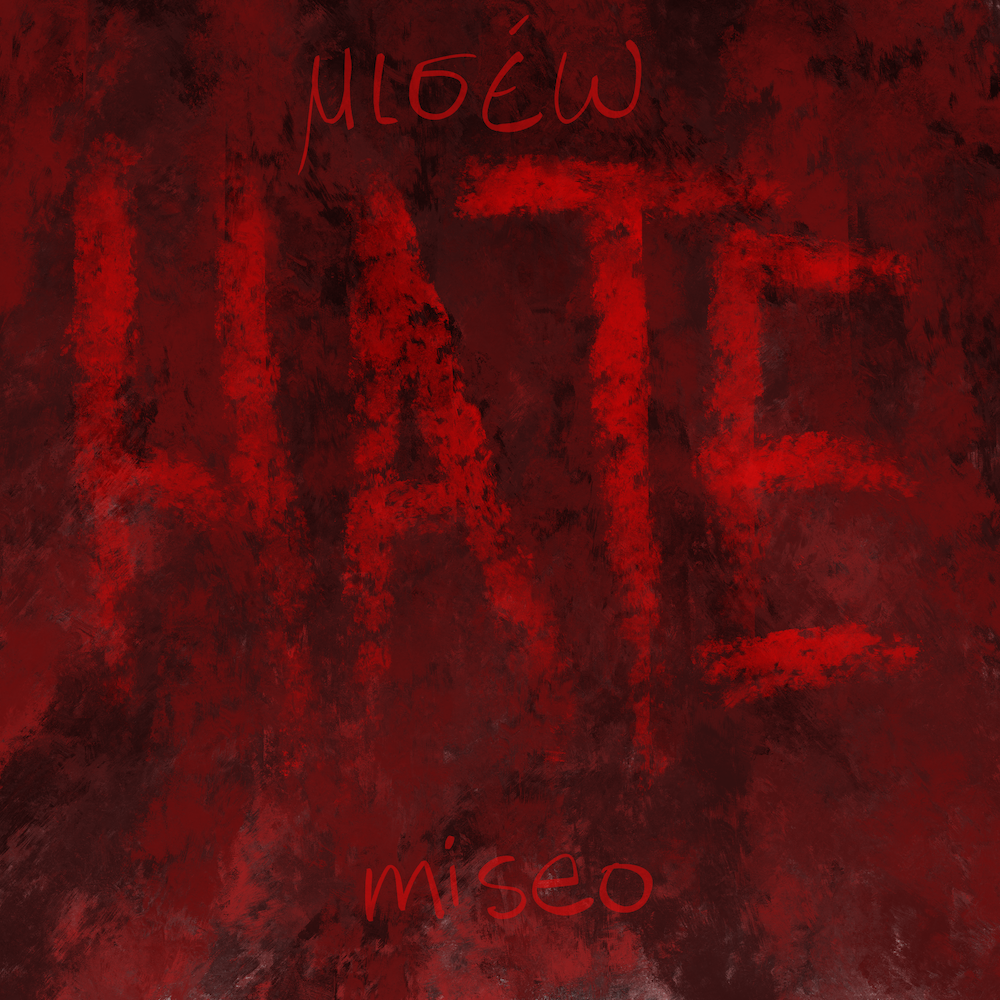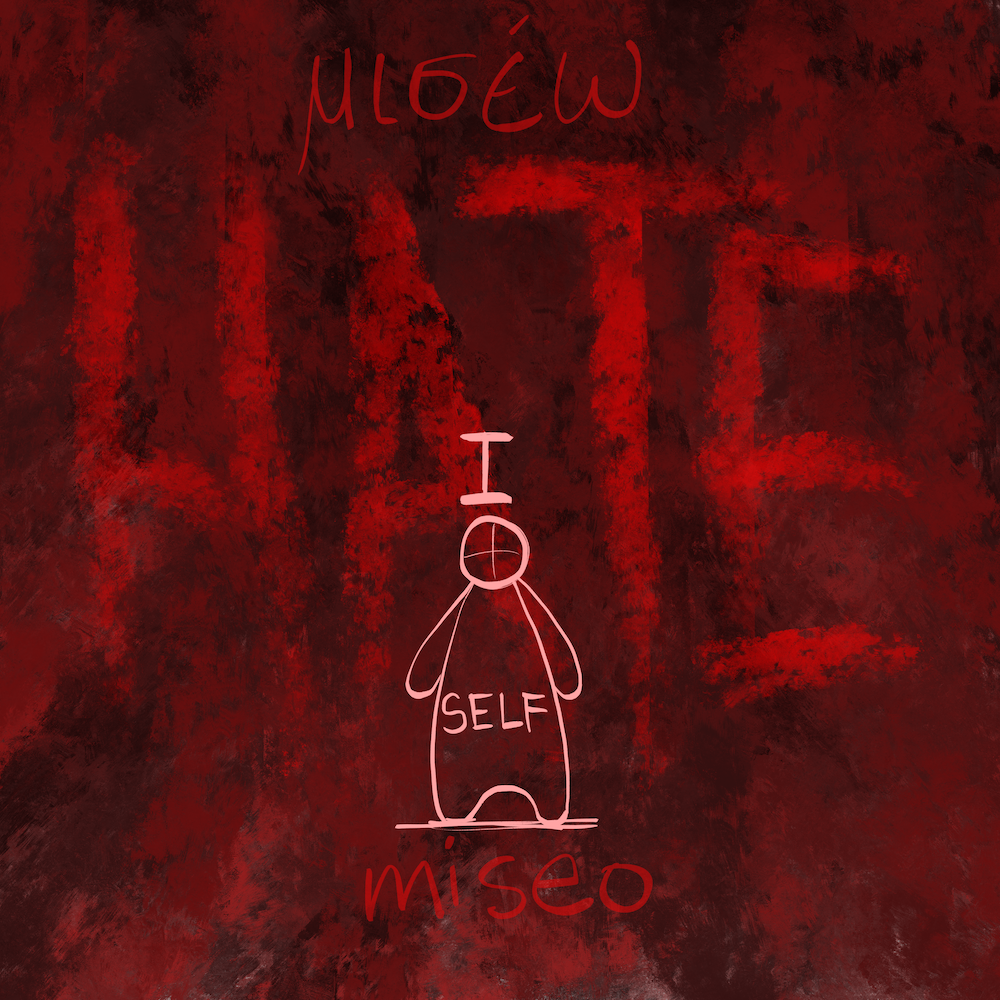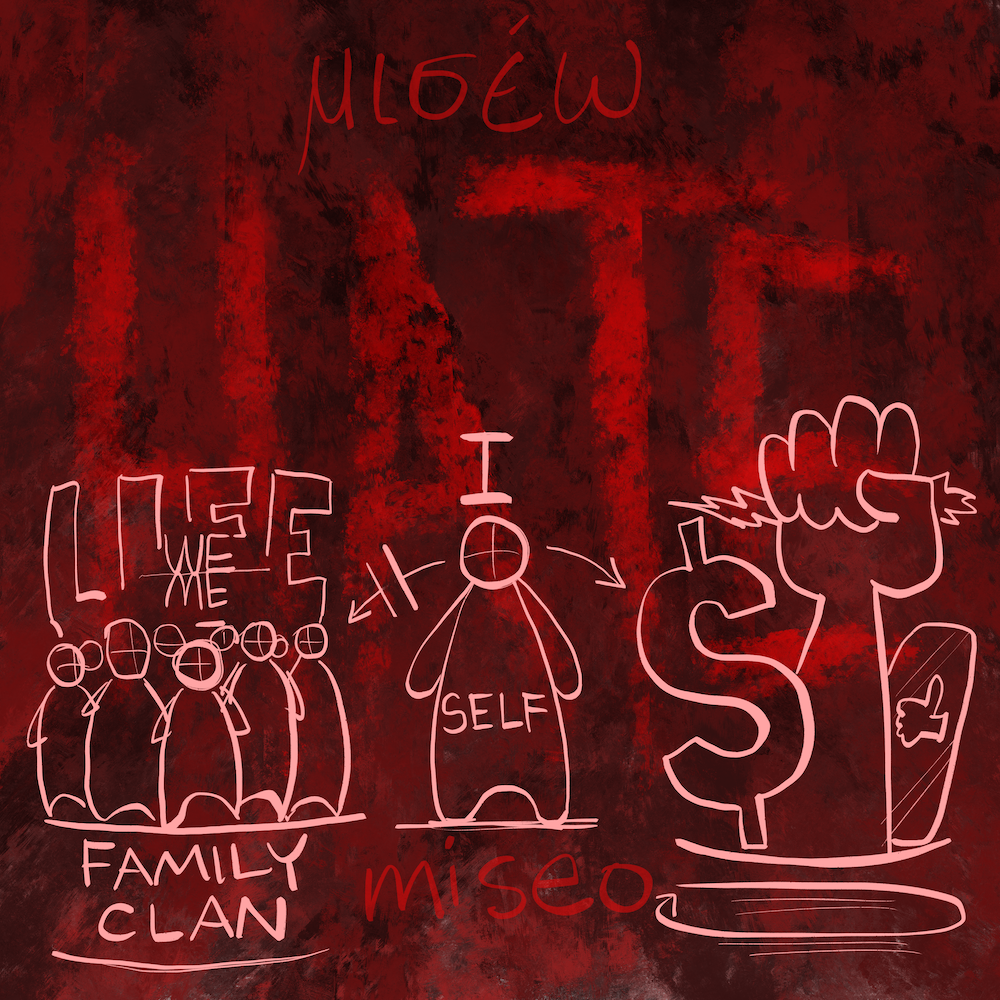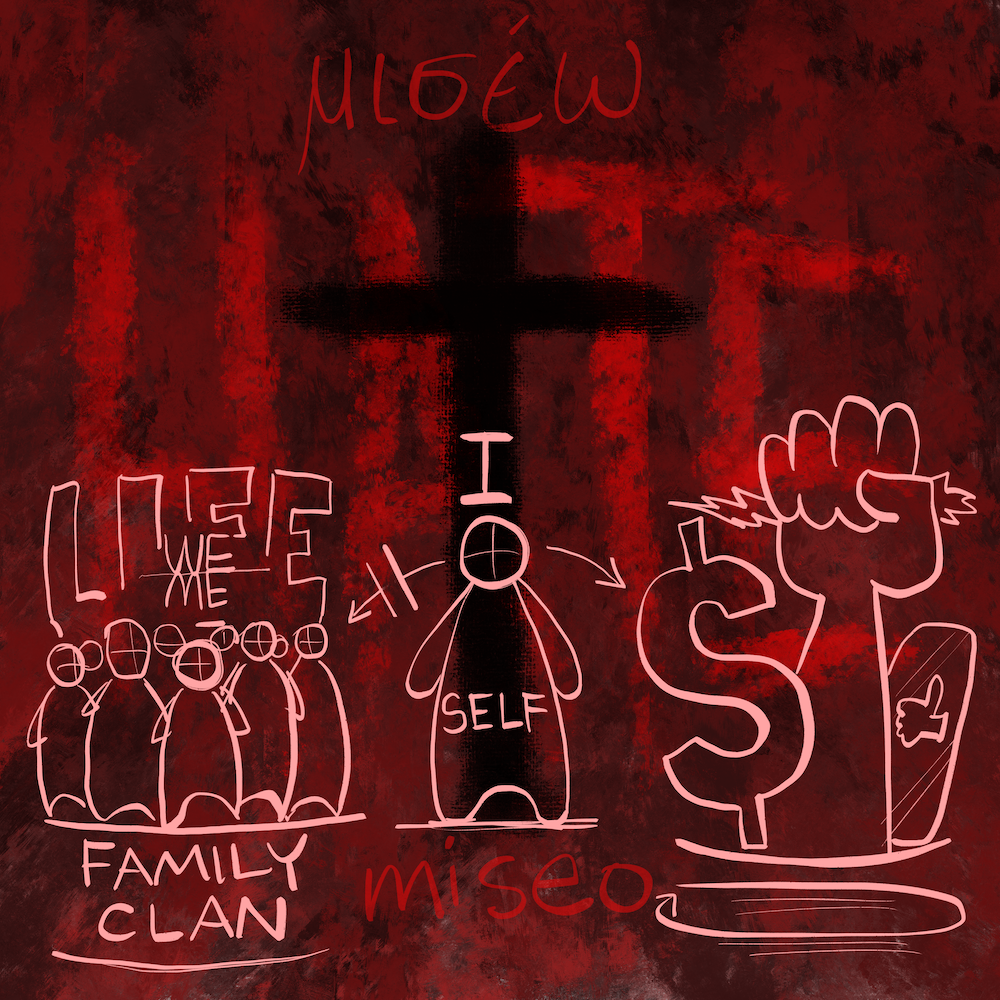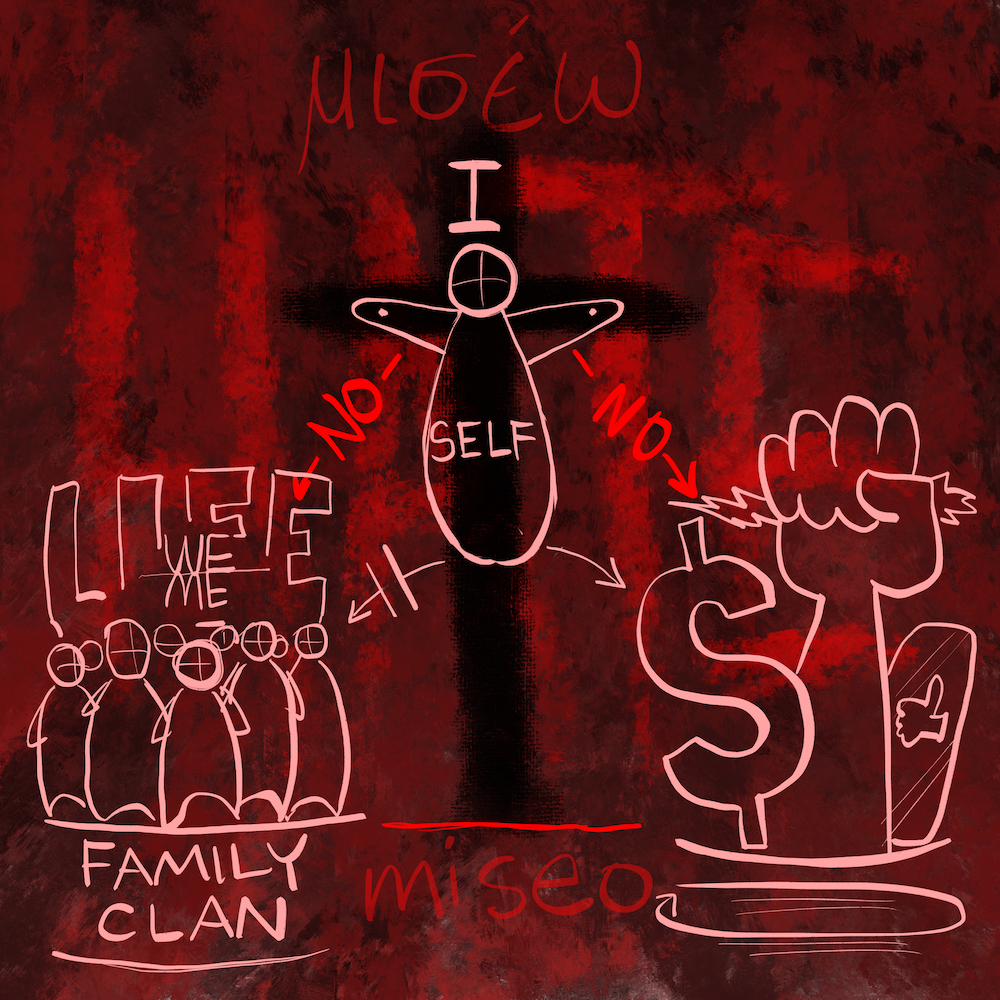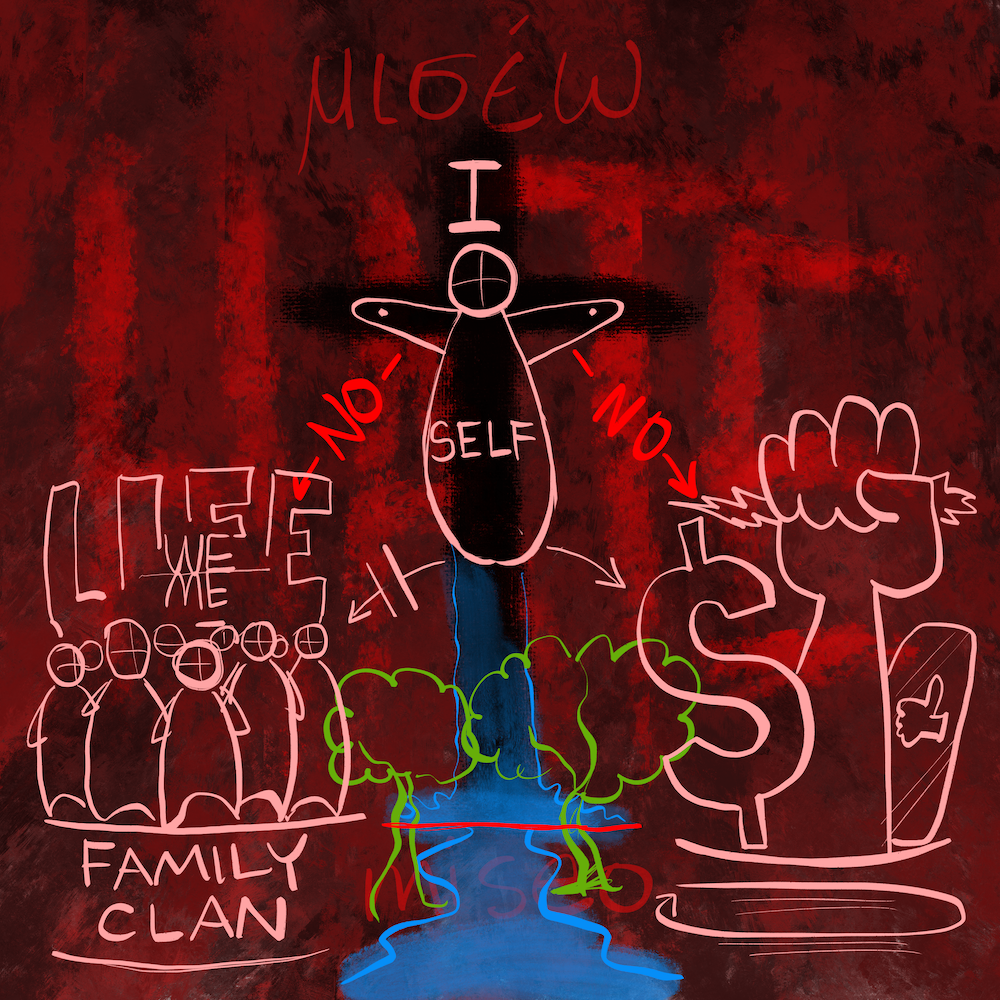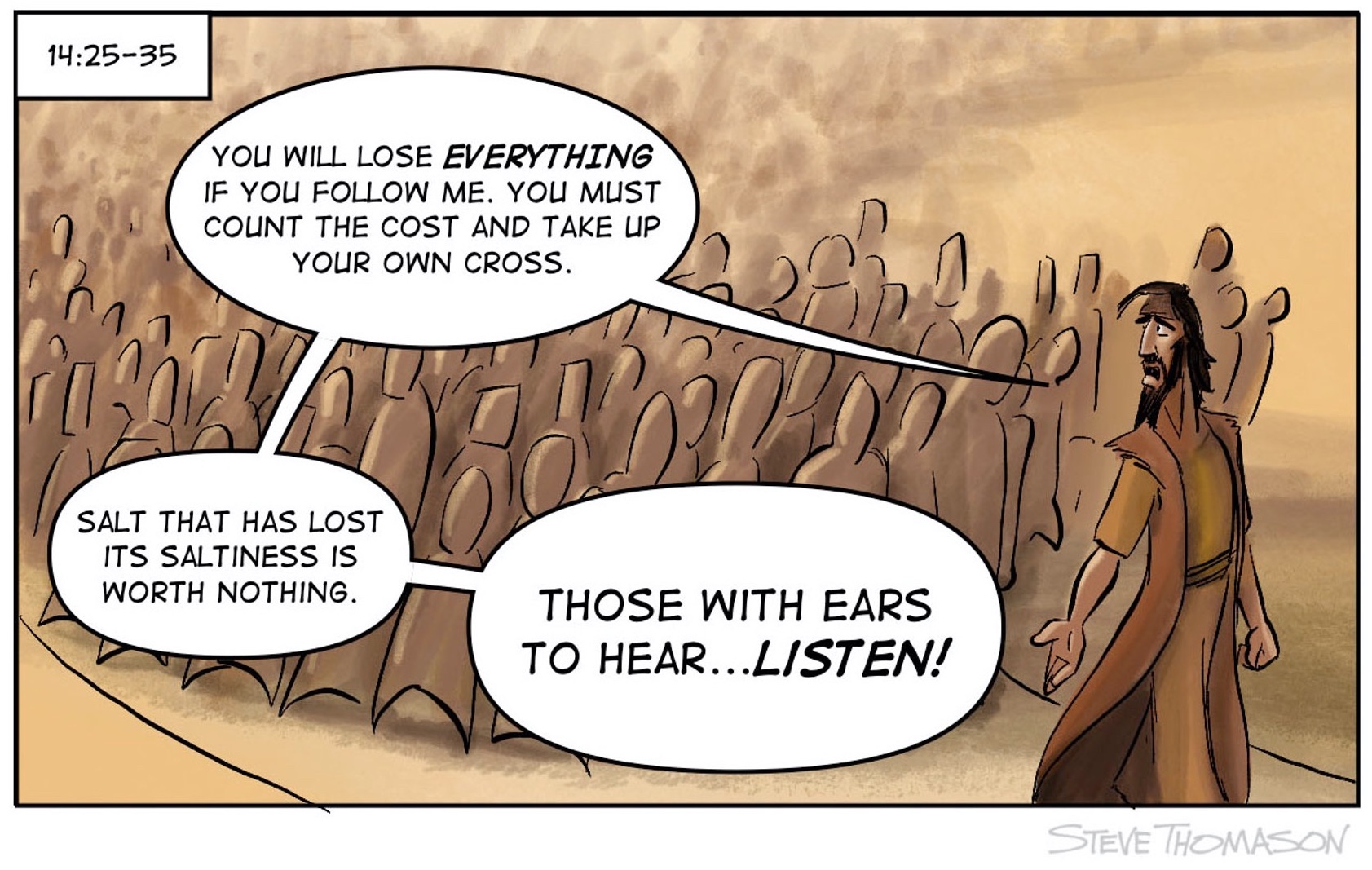
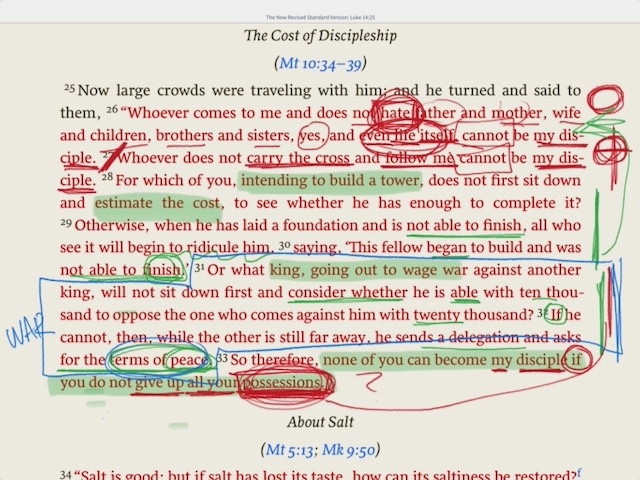
The Gospel text for this week is Luke 14:25–33. And it’s a doozy.
Jesus turns to the large crowds following him and says:
“Whoever comes to me and does not hate father and mother, wife and children, brothers and sisters, yes, and even life itself, cannot be my disciple. Whoever does not carry the cross and follow me cannot be my disciple.”
Then he offers two metaphors: building a tower and going to war. Both press the same point: before you commit, count the cost. Finally, he concludes:
“So therefore, none of you can become my disciple if you do not give up all your possessions.”
Whoa. That’s not an easy “welcome back to church Sunday” text.
Wrestling with “Hate”
The word “hate” stops us in our tracks. It’s harsh. It evokes blood, violence, and the destructive power of hate crimes in our world today.
And yet, Jesus uses it here. The Greek word miseo really does mean “hate.” Some interpreters soften it to “love less,” but in the New Testament the word consistently means hostility or rejection. So what does Jesus mean?
I don’t think he’s saying, “Despise your family members.” Instead, he’s pointing to our source of identity.
The Ancient Self vs. the Modern Self
In the ancient world, your “self” was inseparable from your family, tribe, and clan. Your life, reputation, and honor were bound up in that community. To “hate” family, then, was to break from that as your ultimate source of life and belonging.
In our world, the self is radically individualistic. We define ourselves by autonomy, possessions, power, and—today more than ever—social media approval. Our “possessions” possess us.
Jesus’ words challenge both ancient and modern selves: whatever you treat as your source of life and identity—clan, possessions, status—you must let it go.
The Cross and Surrender
Why the metaphors of building and war? Because Jesus is walking toward Jerusalem. Many expected him to lead a violent uprising against Rome. But he resists the cycle of violence.
Instead, he says: “Take up your cross and follow me.”
The cross is not about crushing enemies, but about crucifying the false self—all the ways we cling to identity, power, and possessions for security. Violence only breeds more violence. Jesus shows a deeper way: forgiveness, surrender, and trust in God’s kingdom.
Counting the Cost
Following Jesus is not easy. It means losing the self we’ve constructed—whether defined by family honor or personal achievement—and allowing that false self to be crucified.
As Paul wrote:
“I have been crucified with Christ; and it is no longer I who live, but Christ who lives in me.” (Galatians 2:20)
To follow Jesus is to let go of the things that demand our allegiance and to step into a new kind of life.
From Hate to Life
Here is the paradox: Jesus calls us to hate life in order to find true life. From the blood of the cross flows the river of life. Out of hatred, surrender, and death springs the tree of life.
In a world where so many voices urge us to hate others, the message is sobering: even hating haters is still hate. The way of Jesus transforms hatred into love, violence into peace, and death into life.
Closing Prayer
May we have the courage to count the cost, take up our cross, and follow Jesus—not into hatred, but into the radical love that reshapes our very selves.
Every week I compile all the visual resources on cartoonistbible.com for the lectionary readings on both the Revised Common Lectionary and the Narrative Lectionary. Get them in your inbox every Monday morning.

